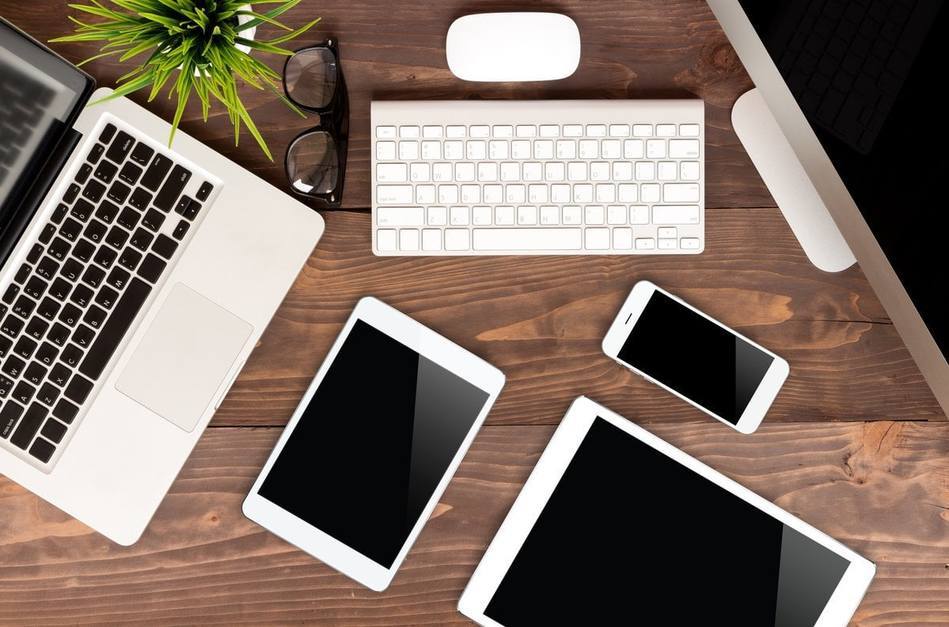The data certainly shows the value of customer loyalty. Apple has an industry-leading Net Promoter Score and it’s share price has more than trebled in the last five years. But how does Apple achieve such amazing brand loyalty?
And this spoof video shows why it matters.
Apple brand loyalty sometimes verges on the fanatical
Before the Mac community puts a fatwah on me and I get a lot of emails about this post, let me say that a) I have an iMac and MacBook Pro which I use daily and love, b) that I am a Mac fan from way back. I cut my teeth programming on Macs (anyone remember Hypercard, MPW and MacApp?), c) the book that got me to start my own business was Guy Kawasaki’s The Macintosh Way.
That said, in the interests of full disclosure I must add that Microsoft has been a major client of my company, Articulate Marketing and Apple never was. Yet, in my house, there are two Macs, two iPads, three iPhones. I even have a vintage Apple Newton and an old Mac Plus.
I’ve noticed that some Mac users verge on the zealous when it comes to their computers. No slur on their beloved machines passes without a flood of emails. When I was writing a lot of articles about IT security, I saw many emails and comments along the lines of “there are no viruses for Macs” and “why don’t you tell people to buy a Mac not a PC”. Sometimes these letters were hilariously misinformed and sometimes they were well-researched and well-argued. In either case, there is no denying the commitment the writers have to the brand.
Think different(ly)
I’m not going to get into a debate here about whether they are right or wrong. What is fascinating is how it is possible that a multinational corporation can provoke such intense personal loyalty in their customers. I mean, wouldn’t any business love that kind of intense commitment?
How Apple generates brand loyalty
I have several thoughts as to why Apple generates such huge brand loyalty:
David and Goliath
Although it is a very big company, Apple still enjoys an underdog positioning. Adverts like “Think Different” turn this status into something of a crusade and creates a community of purpose among the people who have aligned themselves with Apple.
Self-esteem
The whole Think Different mentality, the coolness of the dancing iPod ads and so on flatters users into thinking that they, too, are cool, different, elite. It’s similar to BMW’s campaign to brand its cars as the ‘ultimate driving machine’, which implies that drivers are the ‘ultimate drivers’. They play up the Californian image. I loved the way the packaging says “Designed in California” (but doesn’t also say “by a Brit and made in China,” but we’ll let that pass).
Benefits not features
Microsoft products tend to be sold on features. Mac products on benefits. Apple is great at showing how your new Mac will improve your life, how your iPod will make you hip and so on. Despite research that says that consumers are drawn to specifications, Apple uses them in a different way to the rest of the industry: they use specifications as proof points for benefit claims.
Emotion not reason
Psychologically, I think people are more strongly motivated by emotions (fear, greed, joy, lust, benefits, Apple) than they are by reason (logic, data, features, Microsoft).
Evangelism not Marketing
Apple has always majored in evangelism, whereas Microsoft has focused on more conventional marketing. Evangelism is about building product awareness through users and word of mouth. Perhaps another word for it is grassroots marketing. Anyhow, people are far more likely to believe a purchase recommendation from a friend than from a shop assistant. I think this creates a much stronger commitment to the product after it has been bought.
Unboxing experience not packaging
It’s a small thing, but Apple’s product packaging is out of this world. Opening a new iPhone box remains genuinely delightful. The same with any new Mac. Opening the plain Dell cardboard boxes to get my PCs was not at all delightful. In fact, it was more of a chore than a positive reinforcement of the purchase decision.
Consistency not dependency
Microsoft is hampered because it cannot control the whole user experience. It relies on hardware manufacturers to deliver its software. This means users have a split loyalty: to Microsoft and to, say, Dell or Toshiba. It also makes them vulnerable to the weaknesses of others. When Windows XP was first launched, over 60% of crashes were down to a bug in someone else’s graphics driver. But everyone says “Windows crashed”. Being able to control the hardware and software helps Apple deliver a more complete user experience.
Usability not complexity
I’m not going to get sucked into the trans-dimensional vortex of ‘which OS is best’, but there is one thing that is consistent across Apple products, and that is usability. Little things like the way my MacBook wakes up instantly when I open the lid or the way my phone recognises me. It makes them easy to use and reinforces the purchase decision. It’s a question of attention to detail.
This blog post is an updated but still-relevant version of a post I wrote back in 2006. Microsoft is better at branding and positioning than it was, and some of their products – Surface and Xbox – are genuinely outstanding. But Apple is still out in front when it comes to brand loyalty.



.jpg?width=800&height=500&name=mark-chan-fwZuiNnRusU-unsplash%20(1).jpg)

